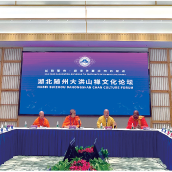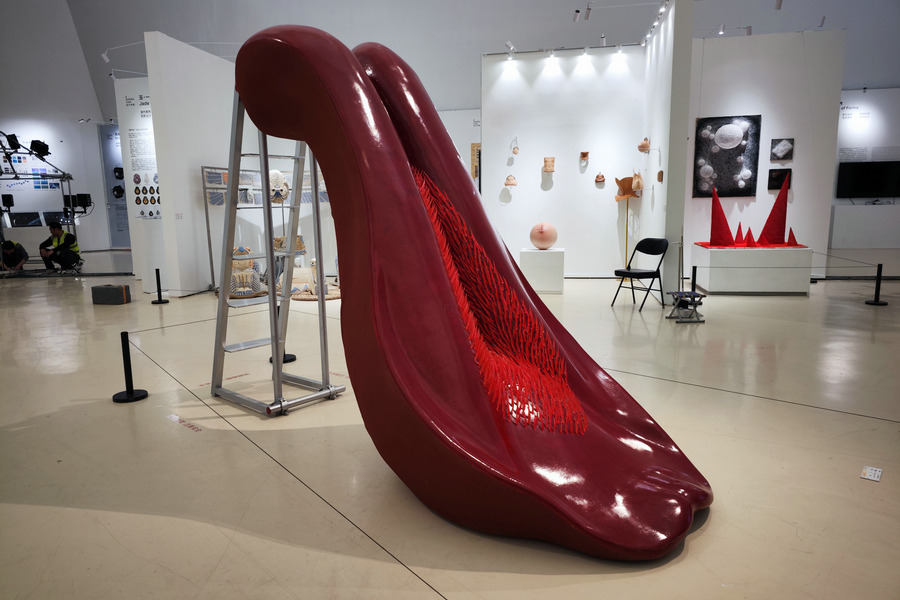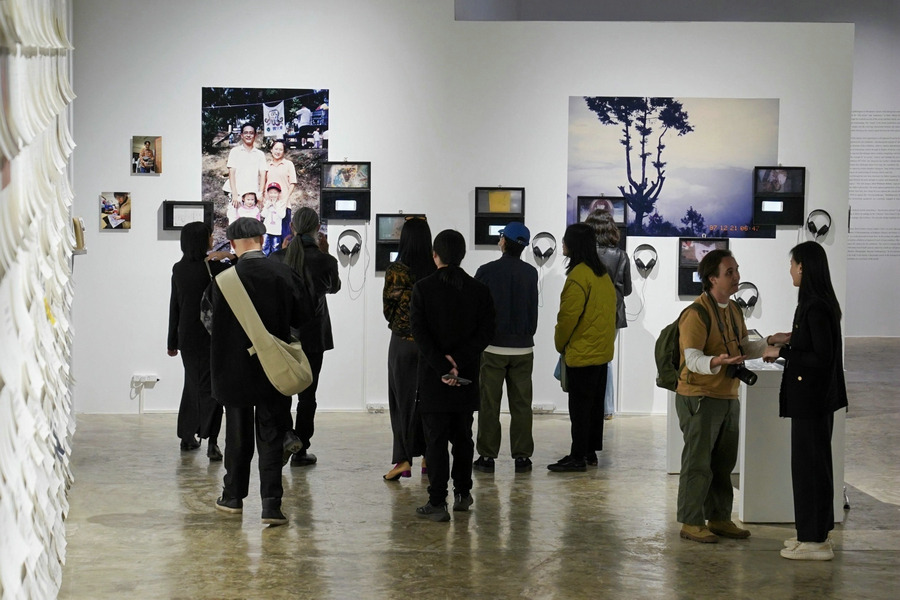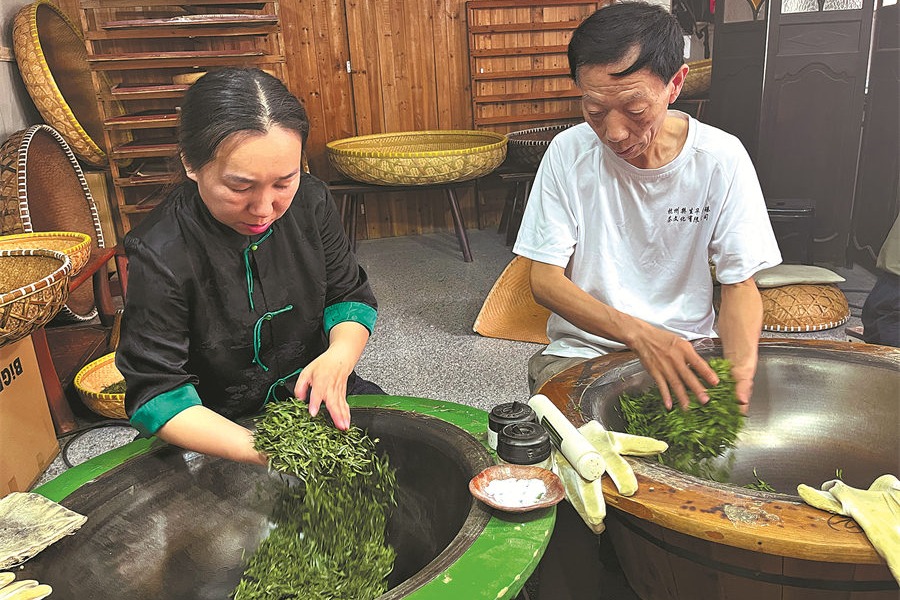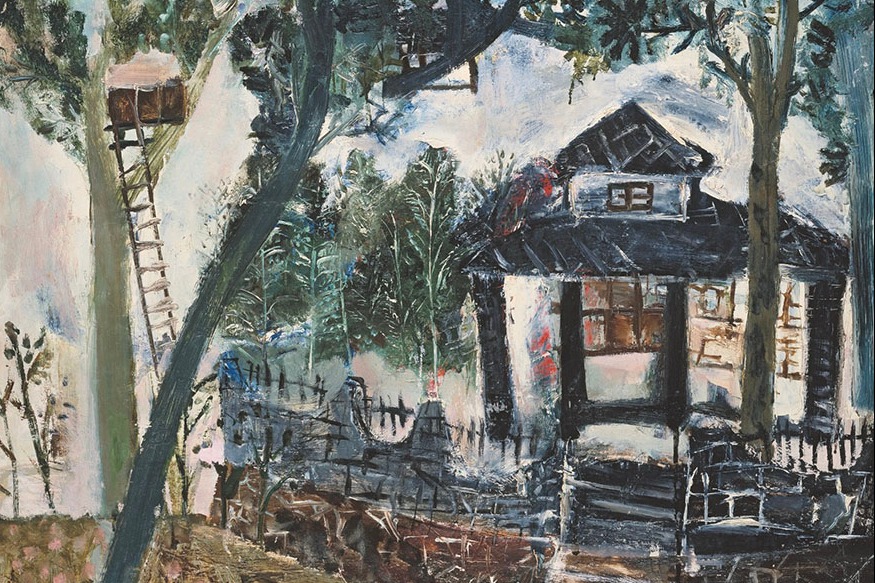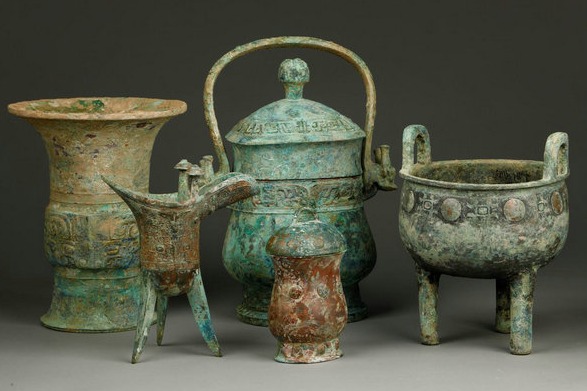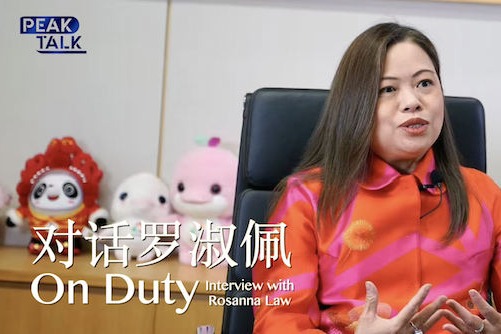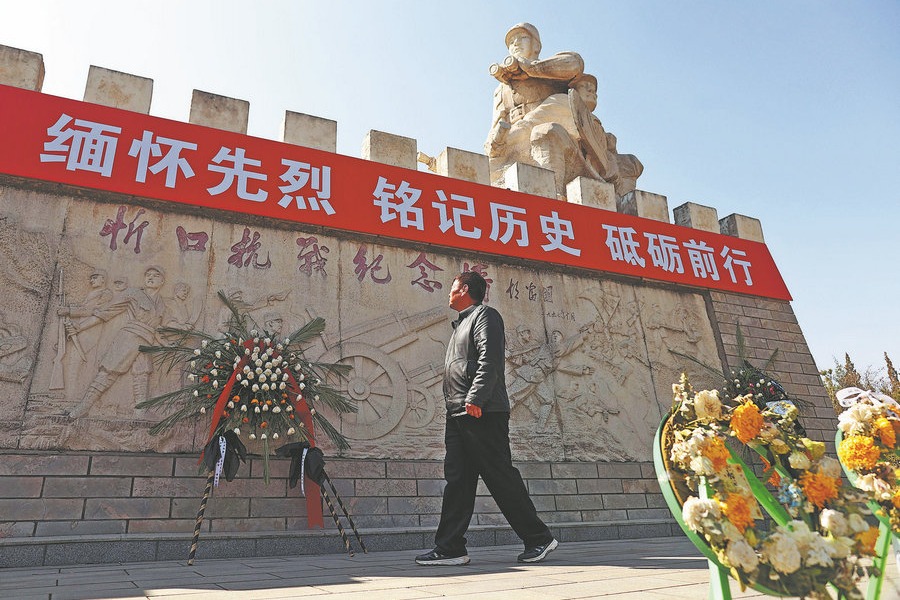Zen masters' influence across globe

Buddhists and scholars from around the world discuss Chan Culture as part of Silk Road events

The "Dahong Mountain Forum: The Overseas Spread and Influence of Chinese Chan Culture" took place in Suizhou, Hubei province, on Oct 19-20, attracting attention from both domestic and international religious and academic communities.
The forum, initiated by Master Yinshun, vice-president of the Buddhist Association of China, has been the first leg of the "Silk Road Illumination: Exploring the Footprints of Chinese Civilization" series of events.
It was dedicated to assisting mutual learning and exchanges between religions and civilizations, providing a platform to promote the overseas dissemination of Chinese Chan culture, which is also known as Zen.
Yinshun, serving as the abbot to Ci'en Temple at Dahong Mountain in Suizhou, emphasized that the forum should take this as a historical opportunity to carry out in-depth exchanges among the Buddhist communities of countries and regions involved in the Belt and Road Initiative amid a changing world.
The BRI, which has been in place for 10 years, advocates for people-to-people connectivity, the deepening dialogue of civilizations with countries participating in BRI, and strengthening the construction of multilateral cooperation platforms in the cultural field, he said.
"We should strengthen the construction of Buddhist cultural platforms, engage in dialogue of civilizations, deepen research on Dahongshan Chan culture, and promote the better development and dissemination of Chinese Chan culture overseas," said Yinshun.

The forum gathered together a group of experts and scholars from more than 20 renowned Chinese mainland universities and research institutions, as well as participants from Hong Kong, Macao and various foreign countries including Japan, South Korea and Sri Lanka.
It offers a unique opportunity for these esteemed monks, scholars and experts to engage in discussions centered around the theme, accentuating the importance and effect of Chinese Chan culture at a global level.
Three main themes were explored during the subforums, they were researching historical materials of Dahong Mountain Chan Buddhism, discussions on the history of Chan Buddhism's international communication and the current status of Chan Buddhism's international communication. The forum organizers collected dozens of high-quality speeches and papers on the theme, which can enrich the understanding and appreciation of Chinese Chan culture.
Chen Xi, professor of the School of History of Wuhan University, provided insights into the changes in Buddhism at Dahong Mountain during the Song Dynasty (960-1279), with a particular focus on inscriptions.
"In the Song Dynasty, Dahong Mountain emerged as a significant location in the history of Buddhism, particularly as the revitalization center of the Caodong sect, also known as the Soto sect in Japan, during the Southern Song Dynasty (1127-1279).Its influence extends to the present day," he said in the subforum.
Liu Luming, professor with the Institute of Chinese Culture of Nanjing University, pointed out that the unique concept of Chan Buddhism in China has had an extensive influence on Chinese culture.
"The influence of Chan Buddhism can be seen in various fields such as philosophy, history, literature, art, ethics, as well as natural sciences like medicine, astronomy and life sciences, leaving behind a rich and diverse cultural heritage," he said.
Hanaho Hiroaki, abbot of Ryoji Monastery and overseas coordinator of Taihonsan Soji Monastery in Japan, said the monasteries he is serving adhere to the styles of Chan that was transmitted from China. "I believe that this forum will become a good opportunity for countries influenced by Chan culture to work together in harmony and unity."
Alan Macfarlane, academician of the University of Cambridge, said in a video speech that Buddhism offers a wider and more philosophical way of looking at the world.
"It fits in with many of the things which young people are aspiring to; a more tolerant, understanding and loving world," he said.
Phra Rajvajarasarabundit, vice-rector for planning and development of Mahachulalongkornrajavidyalaya University in Thailand, talked about how Chinese cultural influence extends to various aspects of religious beliefs, cuisine, language and culture in Southeast Asia and the world.
Xue Yu, director of the Humanity Research Center of the Chinese University of Hong Kong, discussed the historical mission of Chinese Chan culture and how to promote traditional Chinese culture through Chan culture in the context of the BRI.
The forum received high praise from many participants who recognized it as an exceptional event that fostered consensus, friendship and mutual exchange.
As overseas student representatives of the Nanhai Buddhism Academy, 10 student monks from Cambodia and another 10 students from Nepal participated in this forum, learning from the speeches and engaging in academic discussions around the themes.
In September, the Cambodian Sangha Committee sent 10 young monks and the Lumbini Buddhist University in Nepal sent 34 undergraduate students to the academy for a year of study.
Phan Pouyseng, a student from Cambodia, said it was his privilege to learn about the research findings on the historical evolution and influence of Chinese Chan culture.
"Chinese Chan Buddhism and Cambodian Theravada Buddhism have similarities and distinct characteristics. I hope to delve deeper into this topic and explore it in the coming year," he said, adding: "After returning to my country, I aspire to become an ambassador for the exchange of Buddhist culture and Chan Buddhism between the two nations."
The student representatives arranged a five-day tour before they attended the forum, visiting temples, museums, and landmark buildings beginning in Sanya, Hainan province, before moving on to Shenzhen and Guangzhou in Guangdong province and then arriving in Suizhou.
"Along the ancient origins of Chinese civilization, let us gather the aspirations of 20 countries and regions, and the wisdom of the three major Buddhist language systems, together illuminating the light of Chinese Chan culture and the light of world civilization," said Yinshun.


